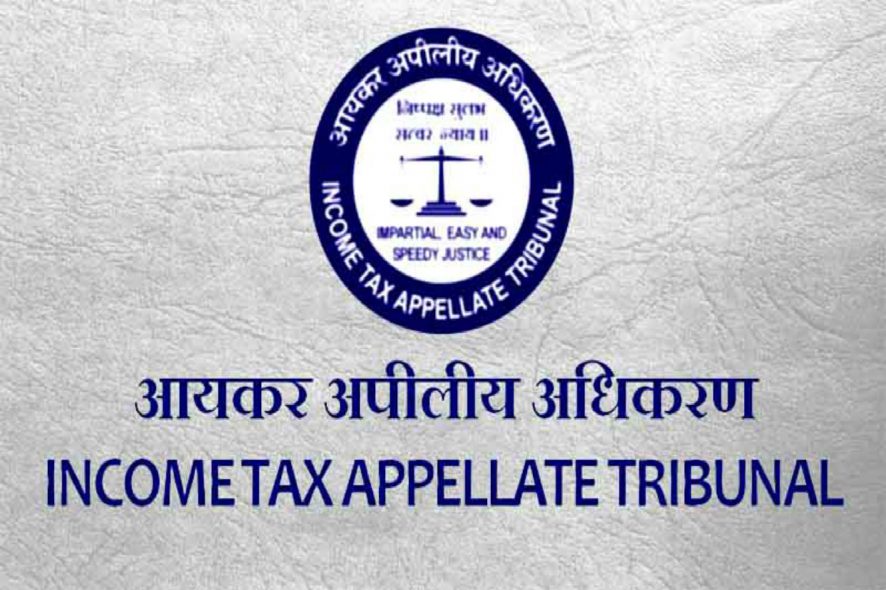Income Tax Appellate Tribunal (ITAT), Mumbai: While deciding the instant appeal wherein a major issue that came before Tribunal was whether receipts received by the assessee on sale of alleged carbon credit is revenue in nature or capital in nature. The coram of Kuldip Singh (Judicial Member) and Gagan Goyal (Accountant Member), held that by the virtue of S. 115BBG of Income Tax Act, sale of Renewable Energy Certificate (Carbon Credit) of income received by the assessee is a capital receipt and cannot be considered business receipt or income.
Facts of the case: The assessee-company filed its return of income for the Assessment Year (AY) 2015-16, declaring a total loss of Rs. 229,54,99,761. The case was selected for scrutiny under CASS. During the year under consideration, the assessee was engaged in various business like -raising of Ore; manufacture of Nitrogen Gas & Ferro Alloys; trading of Iron Ore & Ferro Alloys to name a few. During the scrutiny assessment various additions were made by the Assessing Officer. Upon preferring an appeal to CIT -(A) against the order of the Assessing Officer, the assessee got substantial relief.
The instant appeal was directed against CIT-(A) Order dated 05-02-2021 for Disallowance of common expenses against deduction claimed under S. 80IA of Rs. 5,92,7000 and Carbon Credit treated as revenue income under S. 28 of Rs. 102,05,87. Regarding Carbon Credit getting treated as revenue, the assessee stated that CIT (A) erred in confirming the disallowance of the claim of Carbon Credit Income as Capital Receipt.
Observations and Decision: The Tribunal observed that the issue regarding the taxability of Carbon Credit received by assessee is whether the receipts received by the sale of carbon credit can be considered revenue in nature or capital in nature.
The Tribunal noted that Legislature itself made provision for taxation of such receipts at the rate of 10 per cent from the assessment year 2018-19. Thus, any sum received on account of carbon credit or protecting the environment is not included in the business income. However, with the insertion of S. 115BBG [inserted via Finance Act, 2017 w.e.f 01-04-2018]; whereby the income by way of transfer of carbon credit has been given a special treatment as chargeable to tax at 10% and not as part of the normal business income of the assessee. The Tribunal also pointed out that the said Amendment was made prospective in nature and therefore cannot be applied to the assessment years under consideration in the appeal. It was also observed that Carbon Credit was neither directly linked with the business of the assessee, nor was any asset generated in the course of business.
The Tribunal further relied on the decisions by co-ordinate Bench of the Tribunal in DCIT v. Dawarkesh Sugar Industry Ltd., ITA No. 312/Mum/2019 and decision by the Andhra Pradesh HC (now Telangana) in CIT v. My Home Power Ltd., 2014 SCC OnLine AP 1315. It was observed that these cases raised identical issues as in the instant appeal and the same was decided in the favour of the assessee.
With the afore-stated observations, the Tribunal partly allowed the appeal and stated that the Carbon Credit of income received by the assessee is a capital receipt. Therefore, the addition of Rs. 10,20,587/- by the Assessing Officer from the sale of Carbon Credit and confirmed by the CIT(A) is not sustainable.
[Essel Mining & Industries Ltd. v. Dy. 2022 SCC OnLine ITAT 311, decided on 27-06-2022]
Advocates who appeared in this case :
Yogesh Thar, Advocate, for the Appellant;
Amol B. Kirtane, Advocate, for the Respondent.
*Sucheta Sarkar, Editorial Assistant has prepared this brief.







